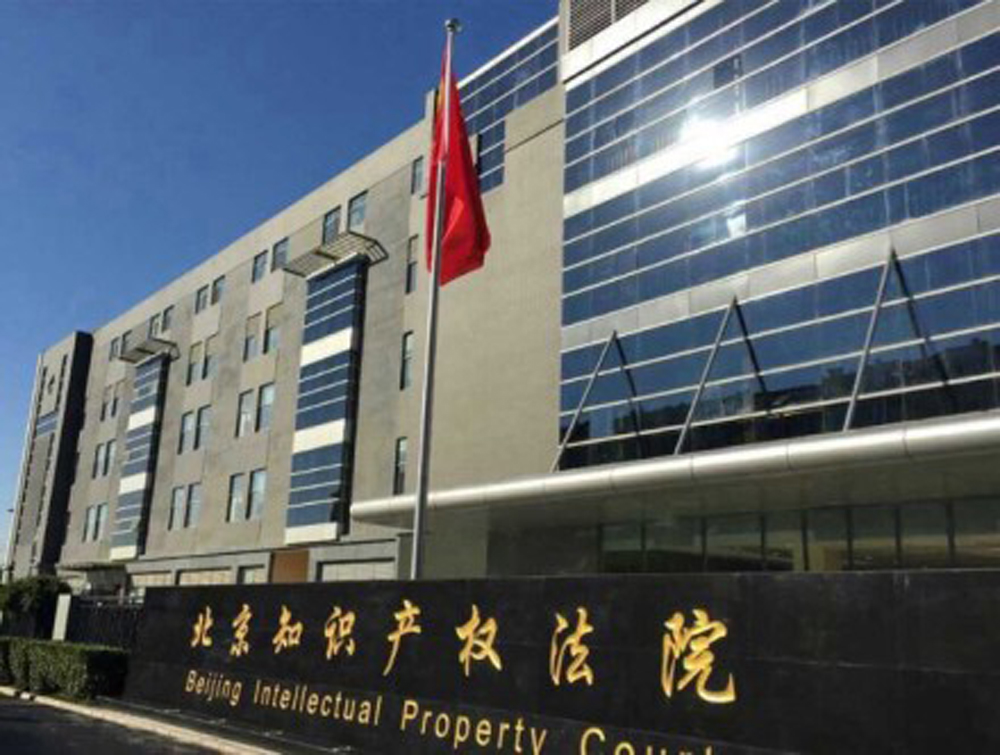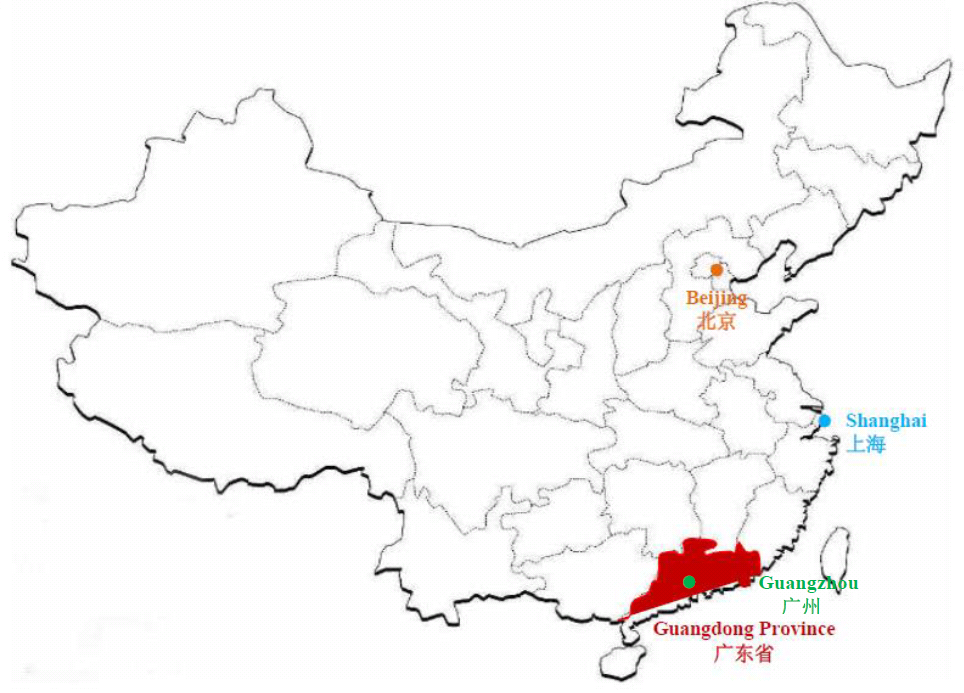On August 31, 2014 the Chinese legislature approved a resolution to establish specialized IP courts in Beijing, Shanghai and Guangzhou. By early November, the Beijing IP Court was operational and had begun to take cases, with 28 being filed in the first four working days.
The Guangzhou IP Court is expected to be operational around December 15, 2014 and the Shanghai IP Court in January 2015. Some proclaim this as a giant leap forward in China’s IP protection landscape. Anticipation is building. But will it live up to the expectations? Let’s take a look.
Background
Unbeknownst to some, China has had specialized tribunals to adjudicate IP cases for years. Currently, there are about 560 IP tribunals and 3,000 IP judges at four levels of court: basic, intermediate, high and supreme. China has therefore had specialized IP judges hearing and deciding IP cases for over a decade. But there is an issue of inconsistency. Some courts lack the expertise to deal with complex IP cases, and the specialized IP courts are therefore thought to provide some kind of a solution.
Geographical Reach
The current IP courts do not cover the whole of China but only Beijing, Shanghai, and the province of Guangdong. The three areas have a combined population of about 150 million and account for about 55% of the total IP cases filed in China annually. As shown in the map below, they encompass a rather small fraction of the country but do represent the more innovative parts of China.
According to Chinese venue rules, an IP owner can sue in courts only (i) where the defendant resides; or (ii) where the infringing act occurs (including where the infringing act has some effect). As such, unless the defendant resides in Beijing, Shanghai or Guangdong, or the infringing act takes place there, one would not be able to take advantage of the specialized IP courts. In other words, if one cannot meet the venue requirements, one would have to litigate within the existing system, not in the new specialized IP courts system.
Subject Matter Jurisdiction
In addition to the venue requirements, there are also subject matter limitations. On October 31, 2014, the Supreme People’s Court issued a set of rules on the subject matter jurisdiction of the specialized IP courts. According to the rules, the IP courts have original jurisdiction over the following types of cases:
1. civil and administrative litigation relating to patents, new plant varieties, integrated circuit layout designs, technical secrets and computer software (“Type 1 cases”);
2. administrative appeals against agency actions under the State Council or local governments (at the county level or above) in relation to copyrights, trademarks and unfair competition (“Type 2 cases”); and
3. civil litigation involving recognition of well-known trademarks (“Type 3 cases”).
The IP courts have exclusive original jurisdiction over Type 1 and Type 3 cases. Other courts in Beijing, Shanghai and Guangdong must not accept Type 1 and Type 3 cases once the IP court in the locale is rolled out. But it is not clear if the IP courts have concurrent jurisdiction over Type 2 cases with existing courts.
In addition to Types 1-3 cases, the Beijing IP Court has additional, exclusive jurisdiction over appeals from:
a) administrative decisions by the Chinese Patent Office or Trademark Office concerning the grant and confirmation of IP rights involving patents, trademarks, new plant varieties and integrated circuit layout designs;
b) administrative decisions by the Chinese Patent Office concerning compulsory licenses and associated royalties and remuneration involving patents, new plant varieties and integrated circuit layout designs; and
c) other administrative decisions under the State Council (such as the Chinese Patent Office or Trademark Office) concerning the grant and confirmation of IP rights in general.
Therefore, the Beijing IP Court has much broader subject matter jurisdiction than the Shanghai and Guangzhou IP Courts.
The specialized IP courts have the status of intermediate courts in the hierarchy of Chinese courts. Thus, the IP courts are the appellate courts for civil and administrative first-instance judgments and decisions rendered by lower courts in Beijing, Shanghai and Guangzhou involving copyrights (excluding computer software), trademarks, technology contracts and unfair competition (excluding technical trade secrets). Appeals from first-instance judgments and decisions of the IP courts will be heard by the IP Tribunal of the High People’s Court in Beijing, Shanghai or Guangzhou, respectively.
Conspicuously excluded from the subject matter jurisdiction for the specialized IP courts are run-of-the-mill trademark infringement cases (where requests for recognizing well-known trademarks are not included). Similarly, plain-vanilla copyright cases that do not involve computer software are also excluded. These cases will continue to be handled by the IP tribunals of the existing courts. The avowed reason for such exclusions is that the specialized IP courts are meant to focus on complex IP cases.
High Quality Judges
One salient aspect of the specialized IP courts is that the requirements for the selection of judges are rather exacting. As of December 1, 2014, 22 judges (including four chief judges) had been appointed to the Beijing IP Court. They have an average age of 40, and 91% of them have a graduate degree. They have an average of 10 years’ experience of presiding over IP cases, and their average docket in the past five years comprised 438.5 cases per year. For example, Judge Yushui Song, appointed the Vice President of the Beijing IP Court, has handled over 1500 cases, of which 500 were complex in nature. Clearly, these judges are the cream of the crop.
Hype vs. Reality
The adjudication of IP cases by specialized IP judges is not new in China; it has been the practice for years. What is new is that the specialized IP courts are staffed by China’s most qualified IP judges. Therefore, some Types 1-3 cases will benefit from the experience of these high quality judges. However, the benefits come at the expense of non-Types 1-3 cases because less experienced judges will hear these. Moreover, not all Types 1-3 cases can be filed with the specialized IP courts owing to the venue limitations. All existing IP cases filed prior to the establishment of the specialized IP courts will stay where they are; in other words, they will not be transferred to the new IP courts. Therefore, in the grand scheme of things, the specialized IP courts will not have as much of an impact as some had hoped, and their establishment seems to represent more of an experiment on China’s part in figuring out how to improve its IP adjudication system.
Concluding Thoughts
The establishment of the specialized IP courts in Beijing, Shanghai and Guangzhou is not a game changer, primarily because of the limited subject matter jurisdiction and venue. It is a baby step in the right direction. One silver lining is that the IP courts are staffed by China’s best IP judges, who have a wealth of experience. Those who can avail themselves of the courts should definitely take advantage of them. If this experiment is successful and subsequently gets implemented nationwide, it should be a giant step forward in improving the adjudication of IP disputes in China.
________________________
To make sure you do not miss out on regular updates from the Kluwer Patent Blog, please subscribe here.





Whatever the shortcomings as of now, look at the speed of execution. In just 2 months, a resolution has become a reality. Well done, China. Way to go.